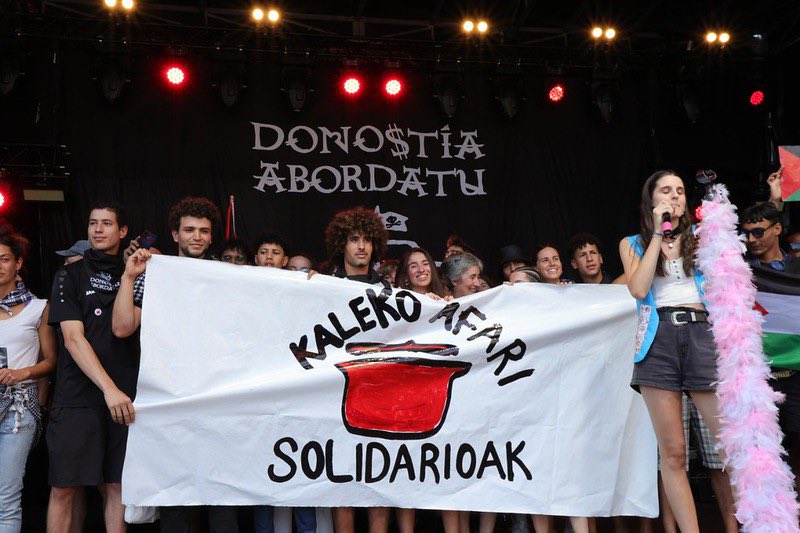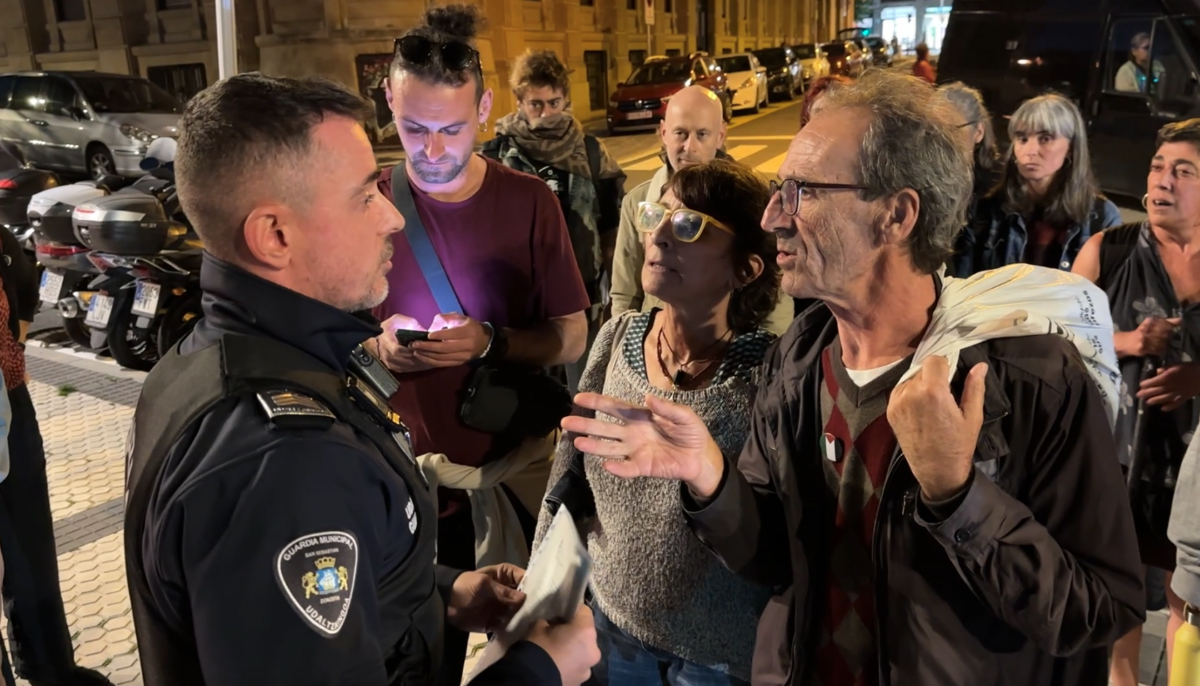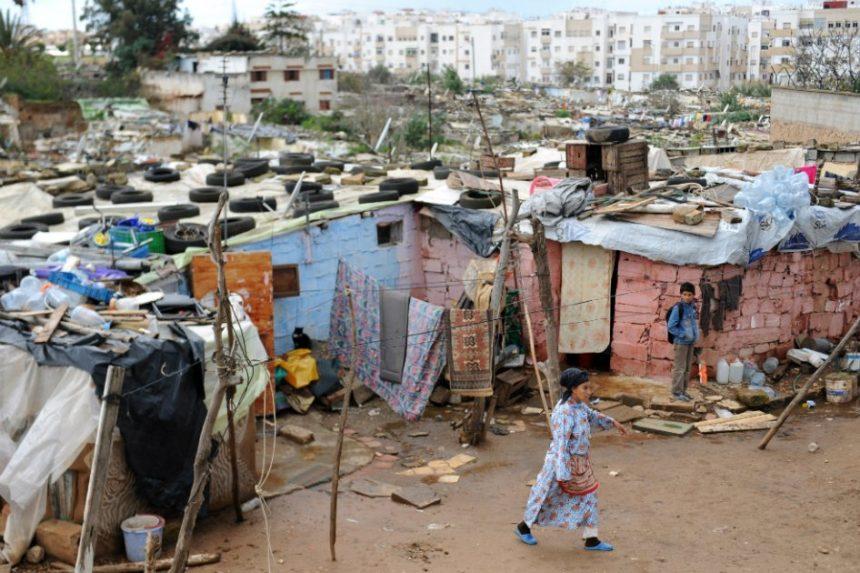Labour reform, a gateway to poverty

Labor reform of the PP was announced, and so it has happened. The consequences will also be so, as the Government of Mariano Rajoy itself acknowledges. But it is very difficult to believe that economic recovery will come from that. This is the labour reform of poverty, as the worsening of working conditions will lead to a reduction in labour incomes. And even if it created jobs, it would do so in the context of that process of impoverishment, because working conditions are going to deteriorate a lot.
For example, young people (Spain has almost 44% unemployment among young people). With this reform, a young person could move from company to company from 16 to 33 years, under the threat of being dismissed at almost any time and with a salary of EUR 481 per training contract (this could last up to a maximum of three years). That, by law, would be possible.
Liberalism counteracts rigidity and flexibility at all levels. It constantly calls on the State to be flexible in understanding that this is moving the economy, when rigidity is nothing more than a hindrance. Rights are stiffness, the lack of entitlement is flexibility. In the logic of pure liberalism, unemployment is, after all, a scourge linked to rights, for there would be no unemployment, or very little, if labour sellers sold labour cheaper. And that is, after all, what this labour reform is proposing: to put the conditions in place for the workforce to be made available and to generate employment; employers hire when they do not have their hands – with rights –.
In this context, employment could also be created in Spain if the economy were in a phase of growth. Argentina could be an example of this, since for ten years many jobs have been created – the unemployment rate is less than 10% – but, as the CTA trade union secretary general Pablo Michelli in Gara recently pointed out, with very low quality jobs.
After all, economic growth and the decline in labour rights are well adapted, as has been demonstrated in countries such as China, India, Russia, Brazil, Argentina and others. We are going there and it is not certain where Europe is going to be in that backlash. In the era of neoliberal globalization, in the last 30 years, along with financial globalization, neoliberalism has rigorously globalized labor markets, but worse. Europe was that bastion with labor rights above capital, but it cannot withstand the ofensiva.La SPANISH ECONOMY, in addition, it is not growing, but in recession, and in this context the job creation possibilities
of this labor reform are scarce. Among the participating liberal economists, too, it is becoming more and more difficult to get out of the crisis with these policies, as these measures counteract consumption and without promoting consumption, the economy will not grow and, therefore, jobs will be created. As Keynes said, at the end of the day the entrepreneur is going to hire the employees if he then does not have to sell the products?
According to a study by the Fundación Primer de Mayo de CCOO, since the adoption of the Workers Statute in 1980 there have been 52 labor reforms in Spain, all seeking the flexibility of the labor markets. During this time, Spain has, in most cases, been the country with the highest unemployment in the EU.
And how do we deal with the situation? It's not easy, certainly, all of this has to do with the AAA ratings that have become so famous in the world of finance, but with this other new reading that economists Damien Millet and Eric Toussaint propose: “Notre AAA: audit, action, annulment” (AAA: audit, action and revocation). The debt accumulated by the states, the company and the families has to do with the crisis, so we have to analyse what debt is legitimate and which is not, we have to cancel what is not legitimate and then the mobilisation and the response of the citizens have to force other policies.
There are also no new basic recipes in the alternatives. If Greece had not accepted EU measures, it would be in a mess today, but with the possibility of tomorrow being who it could be. It will now continue to delve into the disaster, probably for a long time.
Wikipedian bilatu dut hitza, eta honela ulertu dut irakurritakoa: errealitatea arrazionalizatzeko metodologia da burokrazia, errealitatea ulergarriago egingo duten kontzeptuetara murrizteko bidean. Errealitatea bera ulertzeko eta kontrolatzeko helburua du, beraz.
Munduko... [+]
Gasteizko Errotako (Koroatze) auzoan izan diren manifestazio "anonimoek" kolokan jarri dute auzokoen arteko elkarbizitza. Azalera atera dituzte ere hauetan parte hartu duten partidu politiko batzuen eta beste kide batzuen izaera faxista eta arrazista.
In this frenetic and vertiginous world in which we live, the social changes that take place little by little seem to us to be sometimes imperceptible, irrelevant or insignificant. That is not the case, however, and we have to be aware of it in order to act wisely. An example of... [+]









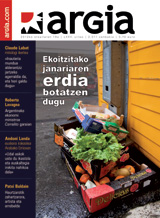


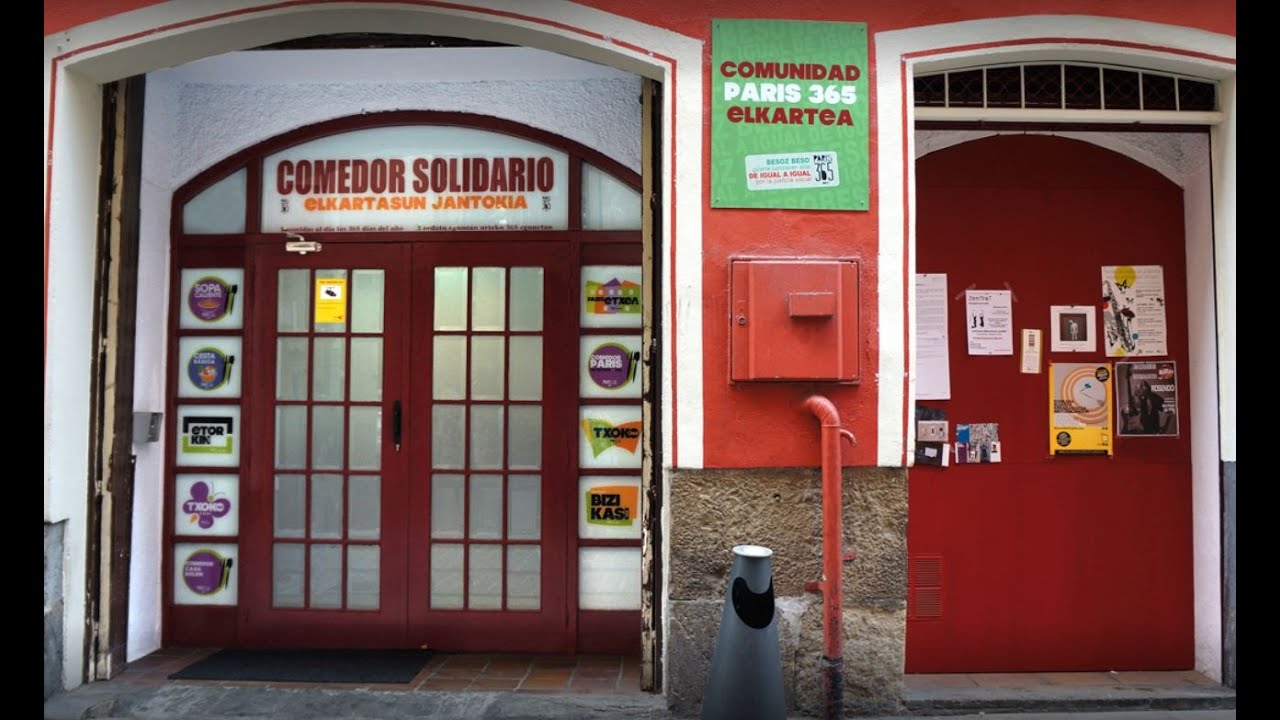



.jpeg)



